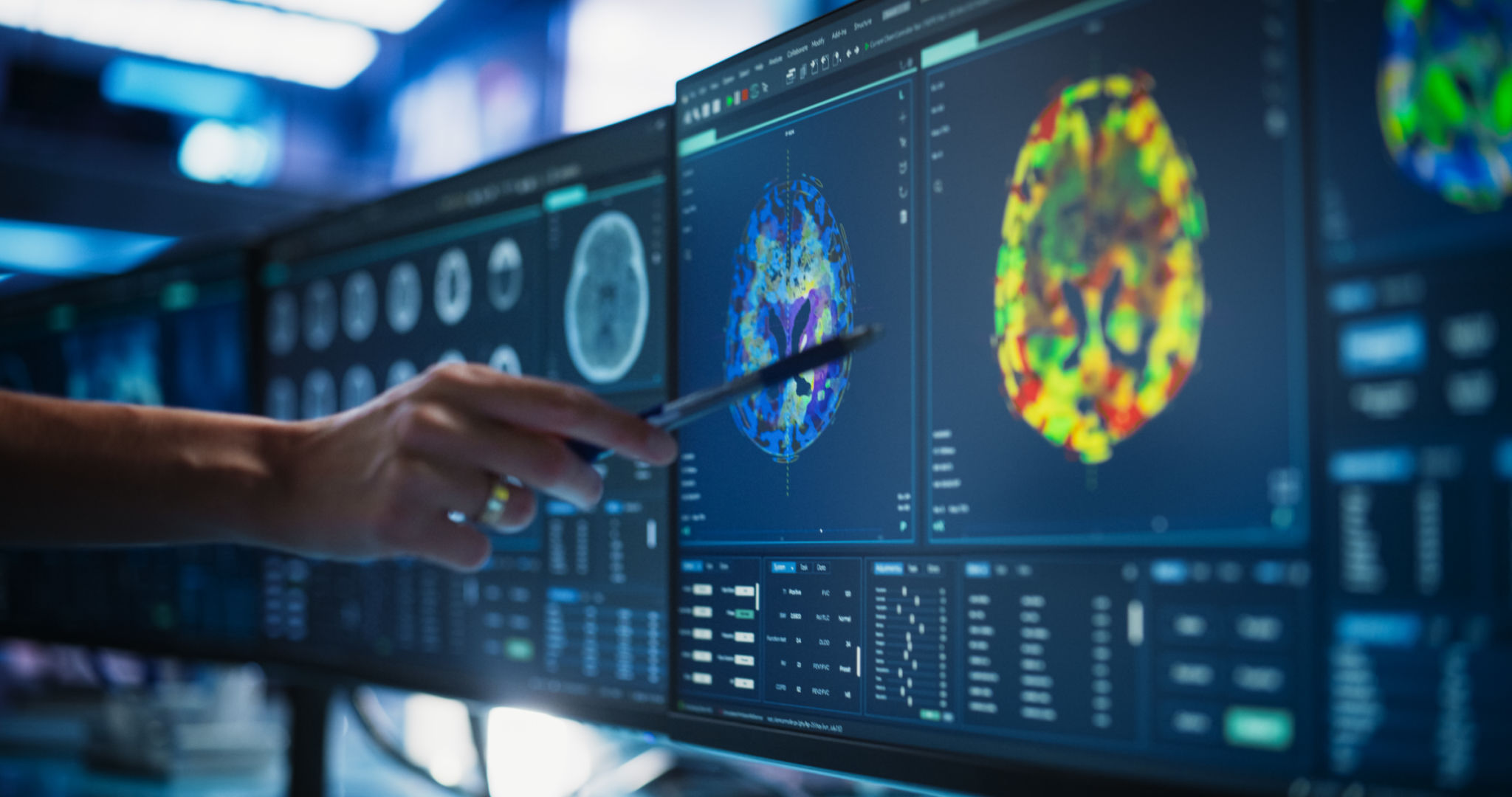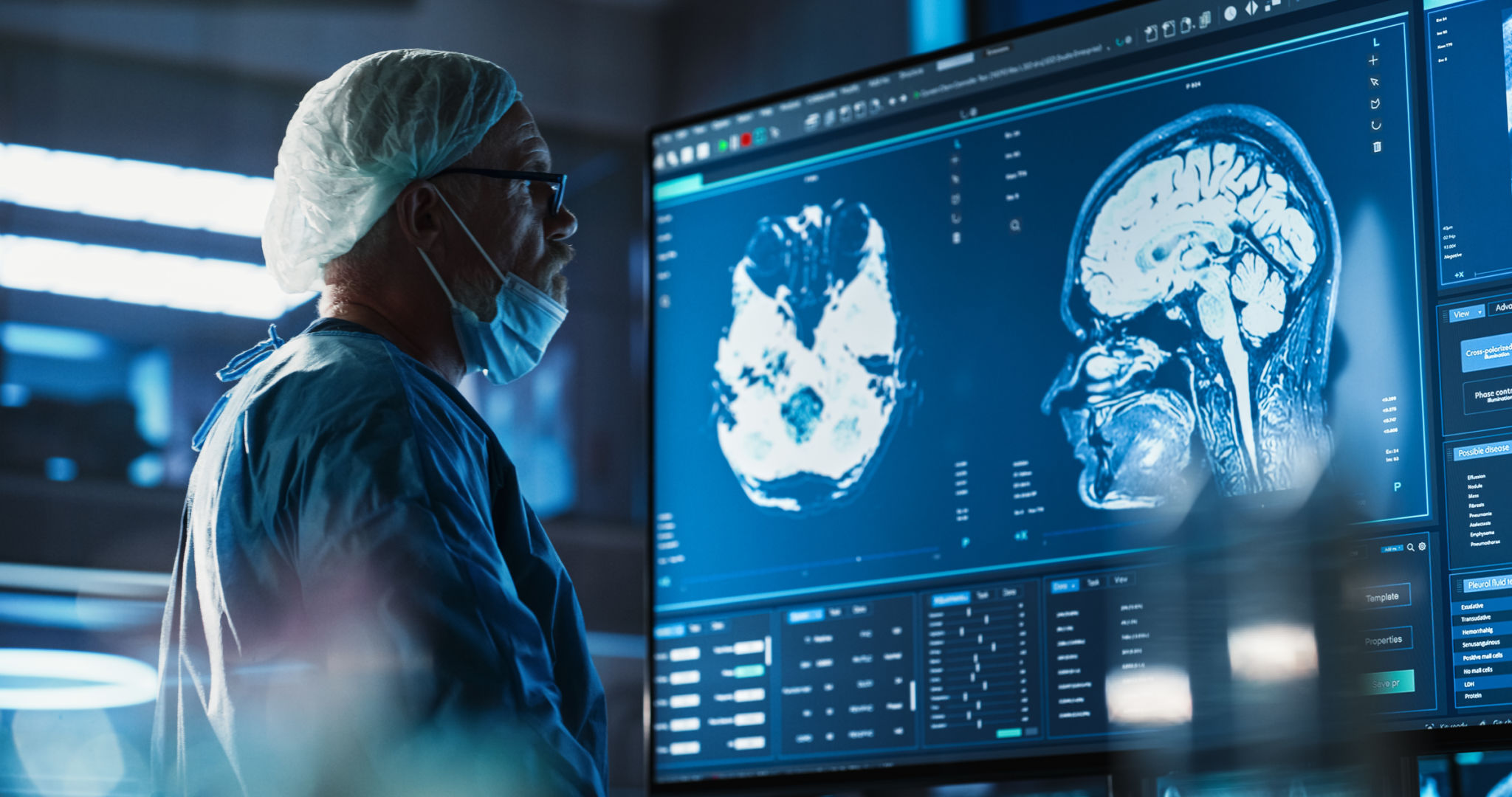The Benefits of MRI for Early Diagnosis: A Comprehensive Guide
The Importance of Early Diagnosis
Early diagnosis is a critical component in the effective treatment and management of numerous health conditions. By identifying diseases at their onset, healthcare professionals can intervene sooner, potentially improving patient outcomes and enhancing quality of life. One of the most powerful tools in achieving early diagnosis is Magnetic Resonance Imaging, or MRI.

What is MRI?
MRI, or Magnetic Resonance Imaging, is a non-invasive imaging technique that uses magnetic fields and radio waves to produce detailed images of the body's internal structures. Unlike X-rays or CT scans, MRI does not involve ionizing radiation, making it a safer option for many patients. This technology is particularly useful for visualizing soft tissues, such as the brain, muscles, and organs.
Advantages of MRI in Early Diagnosis
One of the primary benefits of MRI is its ability to detect abnormalities long before they manifest as symptoms. This capability is especially crucial for conditions like cancer, where early detection significantly increases the chances of successful treatment. Moreover, MRI can provide a comprehensive view of complex anatomical structures, aiding in the diagnosis of a wide range of ailments.

Another advantage of MRI is its versatility. It can be used to assess various parts of the body, from the central nervous system to the musculoskeletal system. This adaptability makes it an invaluable tool for diagnosing diverse medical conditions. Furthermore, MRIs can offer real-time imaging, which is beneficial during certain procedures that require precision and accuracy.
Applications of MRI in Different Medical Fields
In neurology, MRIs are frequently used to diagnose brain tumors, multiple sclerosis, and stroke. The detailed images help neurologists understand the extent of brain damage and plan appropriate treatment strategies. Similarly, in orthopedics, MRIs assist in diagnosing joint abnormalities, soft tissue injuries, and spinal disorders.

Cardiology also benefits from MRI technology. Cardiac MRIs provide detailed images of heart structures and function, aiding in the diagnosis of heart diseases and congenital heart defects. This non-invasive method allows cardiologists to assess heart function without exposing patients to radiation.
Preparing for an MRI
Undergoing an MRI scan is generally a straightforward process. Patients are typically asked to remove any metal objects and change into a hospital gown. It's important to stay still during the procedure to ensure clear images are obtained. For those who experience claustrophobia or anxiety, open MRI machines or sedation options may be available.
Before having an MRI, patients should inform their healthcare provider about any medical conditions or implanted devices, such as pacemakers, which may interfere with the magnetic field. By communicating openly with healthcare professionals, patients can ensure a safe and effective imaging experience.
The Future of MRI Technology
As technology continues to advance, the capabilities of MRI are expected to expand even further. Researchers are developing new techniques to enhance image resolution and reduce scan times, making MRIs more efficient and accessible. Additionally, functional MRI (fMRI) is gaining popularity for its ability to measure brain activity, opening new avenues for research and diagnosis.
The ongoing improvements in MRI technology promise to improve early diagnosis across various medical fields. By embracing these advancements, healthcare providers can offer better patient care and outcomes.
